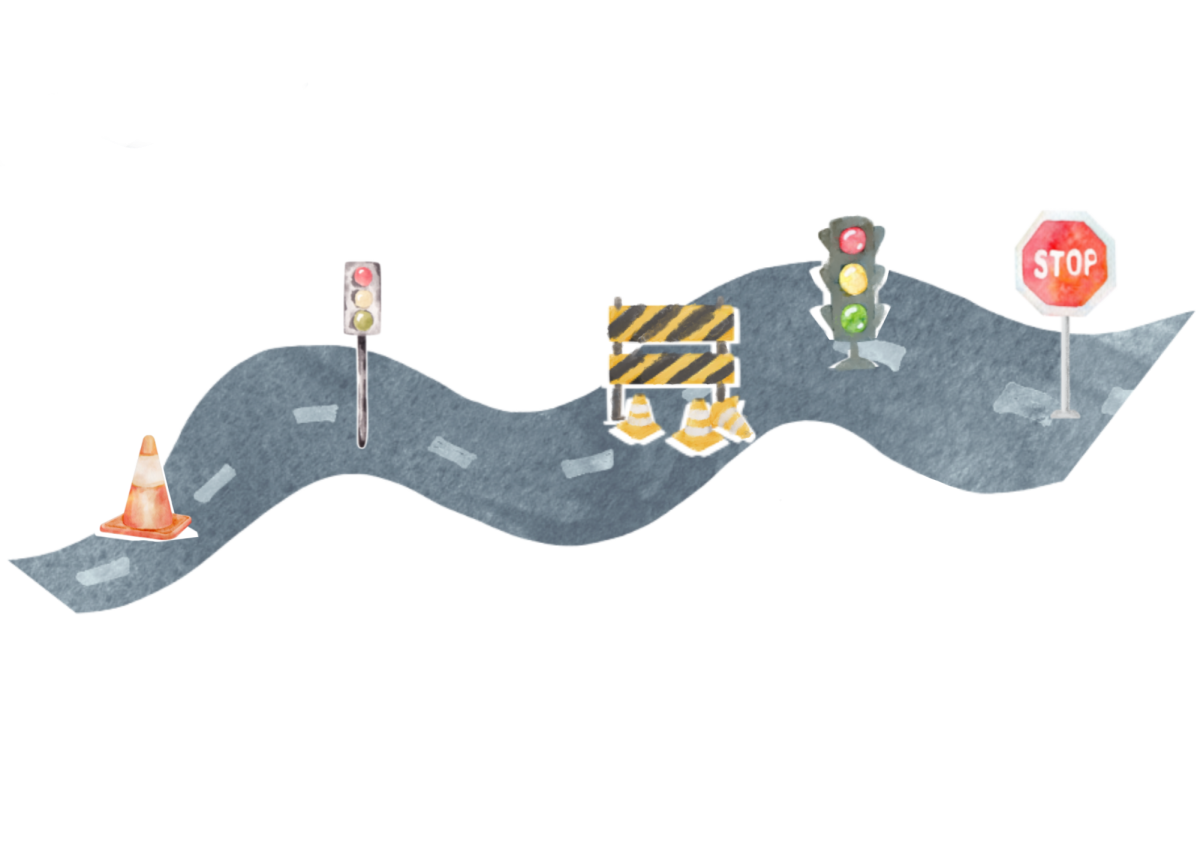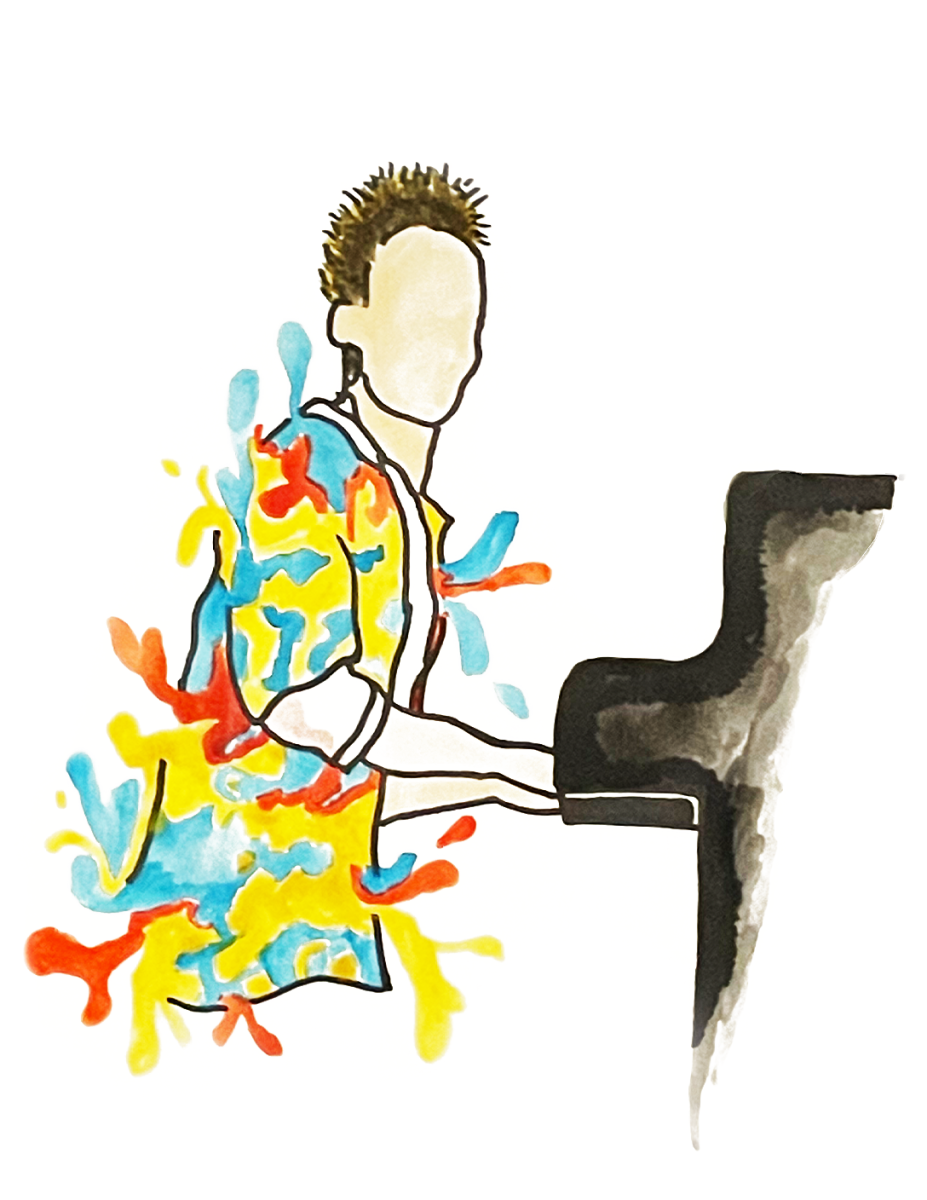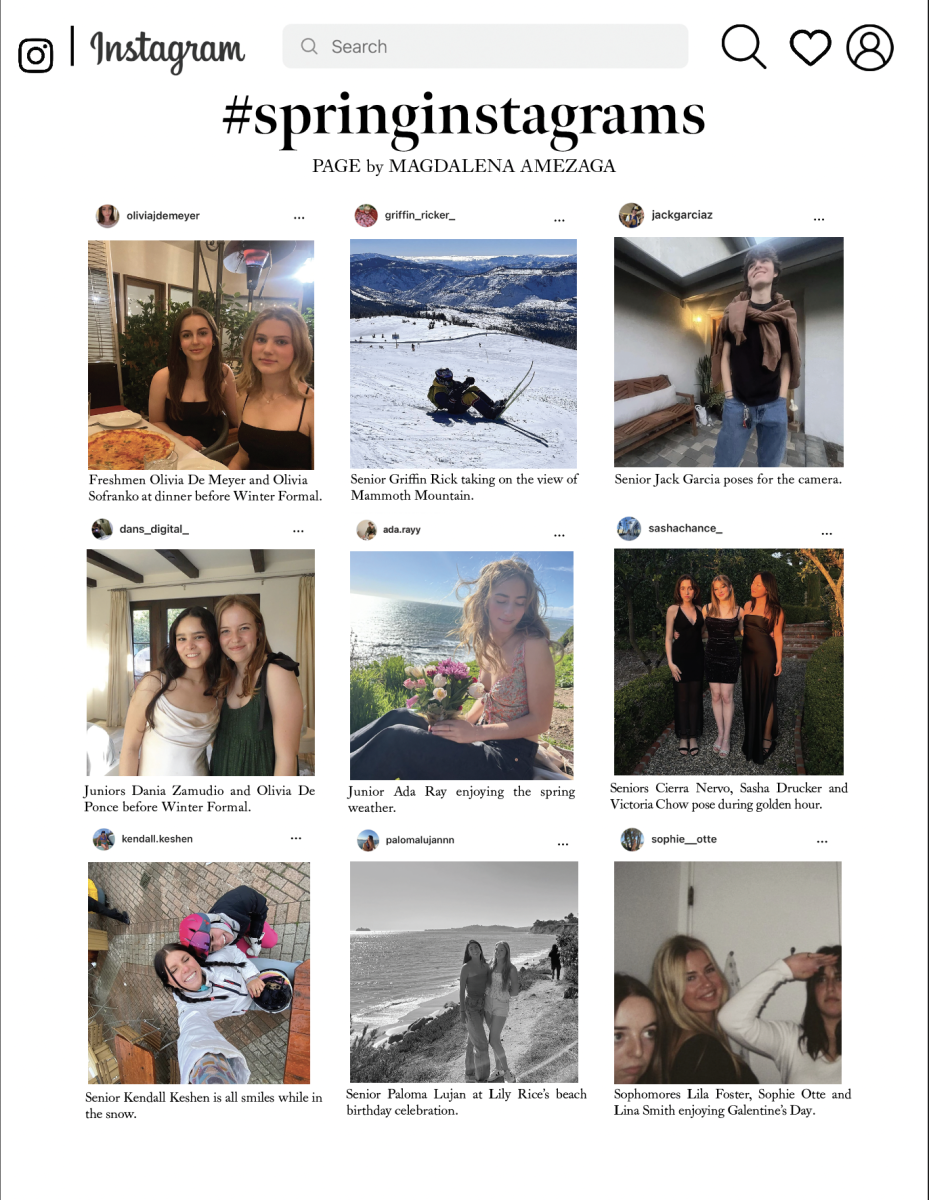There is nothing that gets our attention quicker than a bold headline proclaiming “Breaking news.”
The media loves to cover natural disasters, tragedies, and war, and as media consumers, we provide a greedy and willing audience.
But, as the sad and graphic stories and images wane after the initial shocking events, the media quickly turns its attentions elsewhere.
Long-term coverage of disaster recovery just does not get the attention, or ratings, of the initial event.
Is there something wrong with the news media, or does news coverage simply reflect the short attention span of its audience?
As media consumers, we are adrenaline junkies.
It was exciting, and scary, to watch the hand- held videos of building facades crumbling and office furniture crashing in the recent Japanese earthquake.
The potential global impacts from leaking radiation at the Fukushima Daiichi nuclear power plant kept us riveted to our TVs and favorite online news sites, and caused momentary hysteria as people scrambled to buy Potassium Iodide tablets (my dad ordered them from two online shops and did a midnight run to several local CVS stores).
But, as the days passed, and new, more immediately stimulating events (like the Royal Wedding) became the media darlings, news coverage of the Japanese earthquake and tsunami all but disappeared.
Another recent example of the short attention span of the news media was the
earthquake in Haiti.
In the first few weeks after a 7.0 earthquake devastated the island nation of Haiti in January 2010, news coverage was
intense.
CNN’s frequent flier
all-stars Anderson Cooper, Sanjay Gupta, and Christiane Amanpour spent most of the month in Port-au- Prince providing graphic coverage of bodies being pulled from the rubble and of the city’s entire population camping outside in squalid conditions.
But then, predictably, they were gone, and we all started to forget the horrors we had just witnessed.
Of course, the crisis in Haiti did not stop when CNN left the country, and desperate conditions and slow recovery continue to this day. But we had all moved on to other things.
Maybe it’s natural that the news media focuses on where the excitement is. After all, it is a business, and more viewers and readers means more ads which can be sold at high prices.
After a few weeks of non-stop coverage of the Haitian earthquake, it probably became obvious that ratings were starting to slide, and this must have been when CNN executives told Anderson Cooper to come home.
Even subsidized media, like the BBC in the United Kingdom, has to reflect what its audience wants to see, and cannot afford to provide long- term, insightful coverage if its audience wants to change the channel.







































